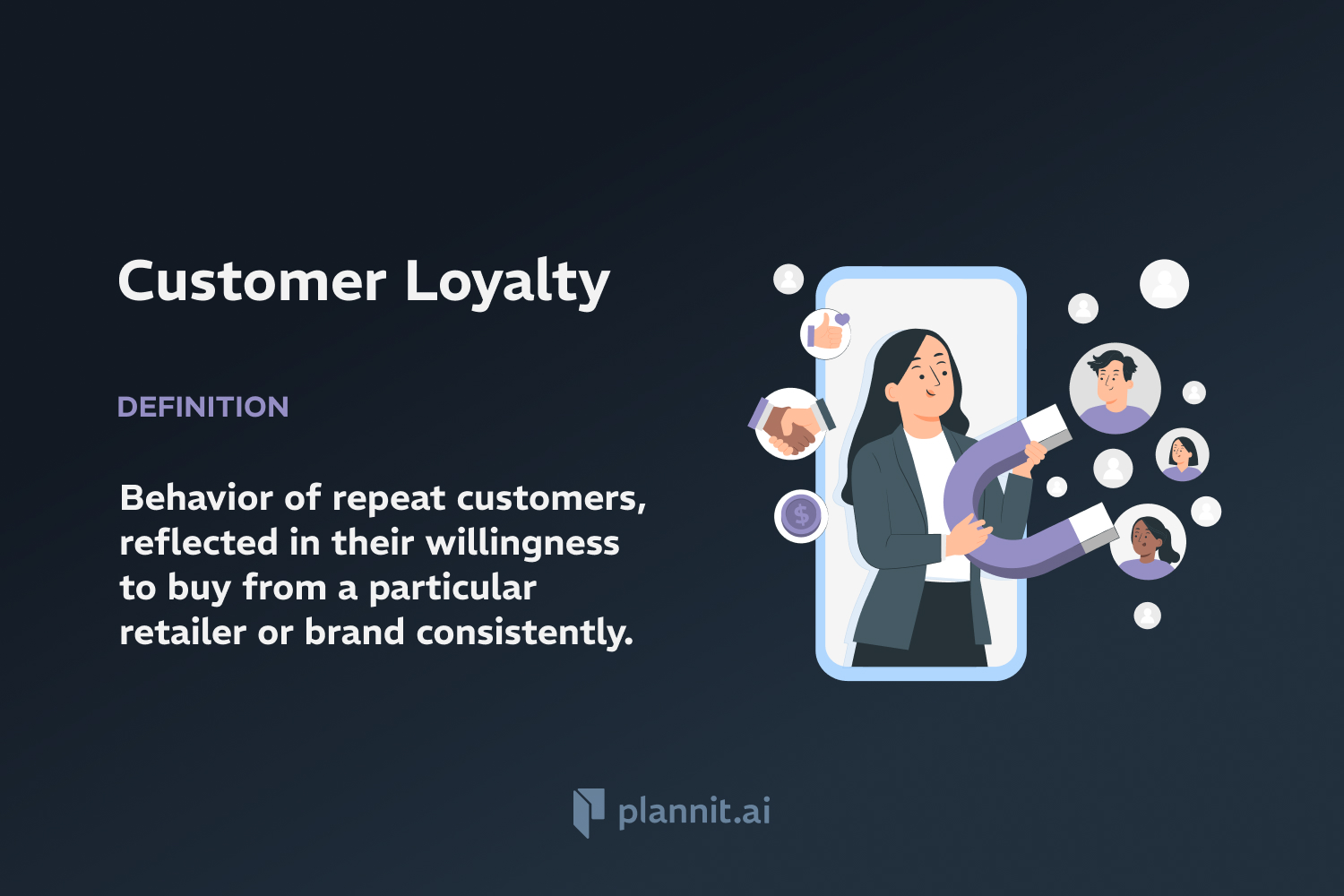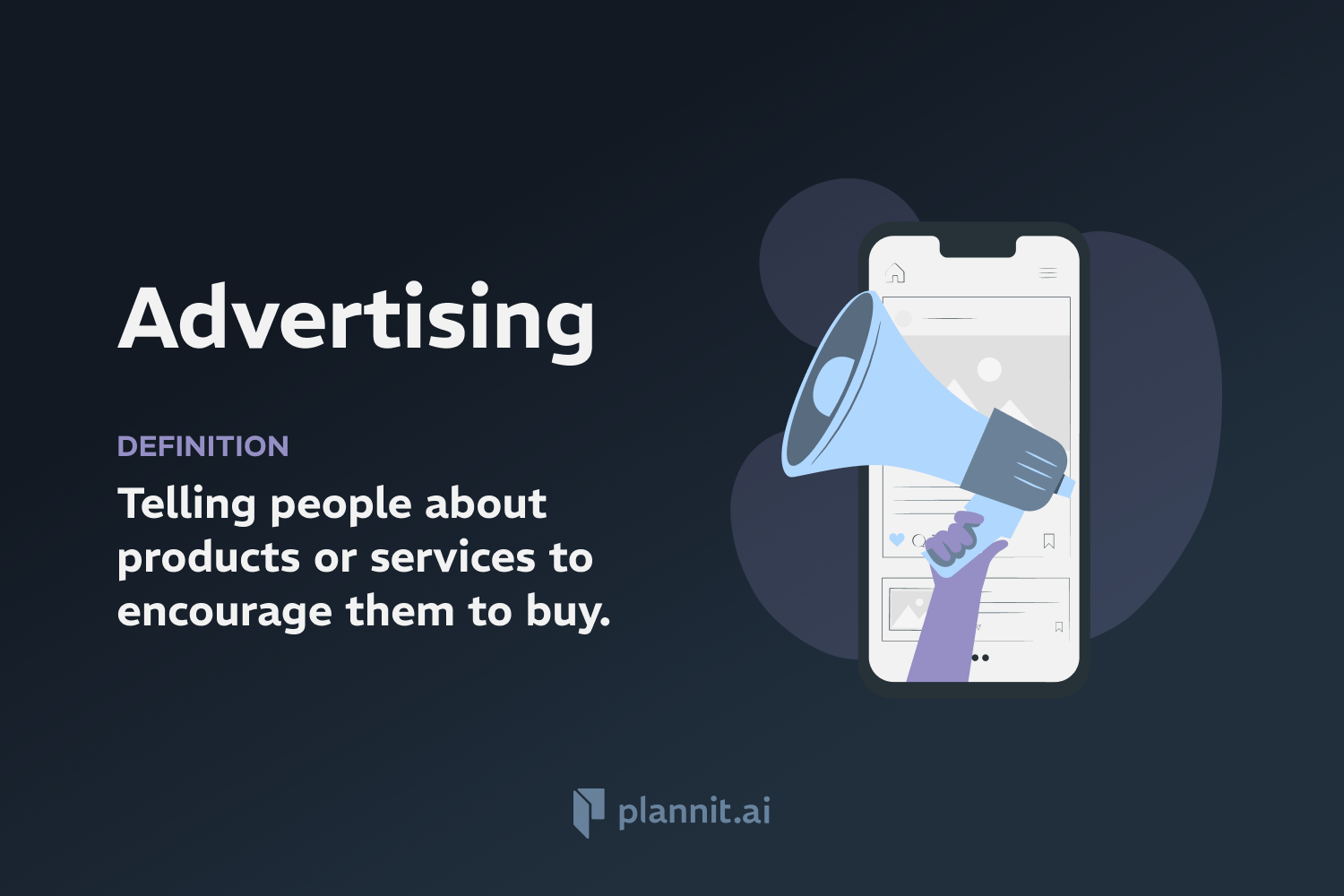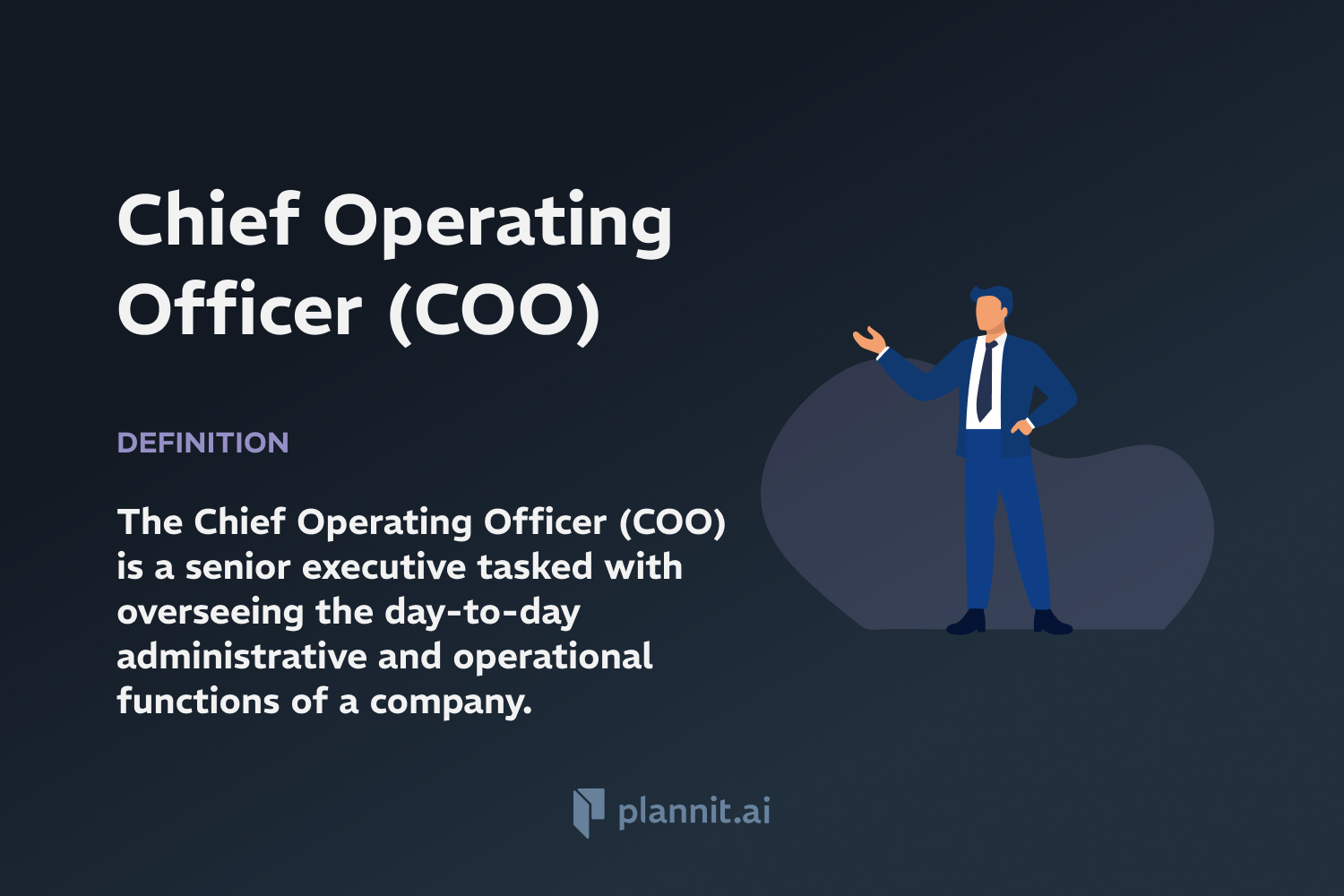Need Help With Your Business Plan?
Answer tailored questions and get a detailed business plan in minutes.
Competitor: Definition & In-Depth Explanation

Definition:
Competitor refers to any business or entity that operates in the same industry or market as another and offers similar or alternative products or services to the same customer base. Competitors vie for the same potential market share, often driving innovation, pricing strategies, and marketing efforts.
Context of Use:
Competitors are fundamental to all market economies and can be found in every industry, from retail and manufacturing to technology and services. Understanding competition is crucial for businesses to strategically position themselves in the market.
Purpose:
The purpose of identifying and analyzing competitors is to gain insights that can enhance strategic planning, improve product offerings, optimize marketing strategies, and ultimately increase market share and profitability.
Example:
Automobile Manufacturers: Companies like Ford, Toyota, and Honda compete by offering distinct models with varying features, prices, and fuel efficiencies to appeal to diverse consumer preferences.
Technology Firms: Apple and Samsung compete in the mobile device market, constantly innovating to outpace each other in terms of technology, design, and user experience.
Related Terms:
Market Share: The portion of a market controlled by a particular company or product.
Competitive Advantage: A condition or circumstance that puts a company in a favorable or superior business position.
SWOT Analysis: A strategic planning technique used to identify Strengths, Weaknesses, Opportunities, and Threats related to business competition.
FAQs:
1. How can a company effectively analyze its competitors?
A: Effective competitor analysis can be conducted through SWOT analysis, monitoring competitor marketing and sales activities, and staying informed about industry changes and consumer preferences.
2. What strategies can businesses use to outperform competitors?
A: Strategies include differentiation, cost leadership, focusing on niche markets, improving product quality, and enhancing customer service.
3. Why is understanding competitors important for business strategy?
A: Understanding competitors helps businesses anticipate market trends, adapt to market changes, and make informed decisions that ensure they remain competitive.
4. How does competition influence consumer choice?
A: Competition typically benefits consumers by increasing the variety of choices available, improving product quality, and reducing prices.
5. Can competition be harmful to small businesses?
A: Intense competition can be challenging for small businesses, especially if they struggle to match the pricing, marketing, and innovation capabilities of larger competitors. However, it can also drive efficiency and niche market focus.
Get funding with a business plan that will impress investors.
Starting a New Business?



